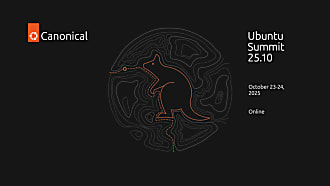Canonical
on 28 July 2009
In response to two paper cuts, “Have the file-roller automatically extract an archive on double click” and “‘Archive Manager’ doesn’t mean anything if you don’t know what an ‘archive’ is”, the Canonical Design Team devised a user test of archive behavior in Ubuntu, and we’re inviting the community to help administer the test and collect user data. From the test specification wiki page,
We’d like everyone to help us discover the optimum solution to the archive problems mentioned above. This is the first time we’re trying user testing as a broad community activity. Please bear with us if the process is not perfect and let us know your thoughts and feedback on how the process can be adjusted or improved. Please use the Answers section of the project for your feedback.
The way we plan to find the optimum solution is to collectively conduct research to gather data, which we can then analyse and base our decisions on. This data collected will be analysed centrally by the team at Canonical. Findings and recommendations will be reported after the data has been analysed.
User testing is often fun and rewarding, and it’s a great way to gain valuable perspective from everyday users of the software we love to work on. If you’d like to help collect data on how people use and understand archives in Ubuntu, please start by reading the test specification, then get testing!
Edit: Please do not post your suggestions for how archives should behave. The purpose of this experiment is to gather data in a prescribed, uniform manner and base our decisions on that. If you want to help, please read the test specification and gather user data; please do not post your opinions here.



